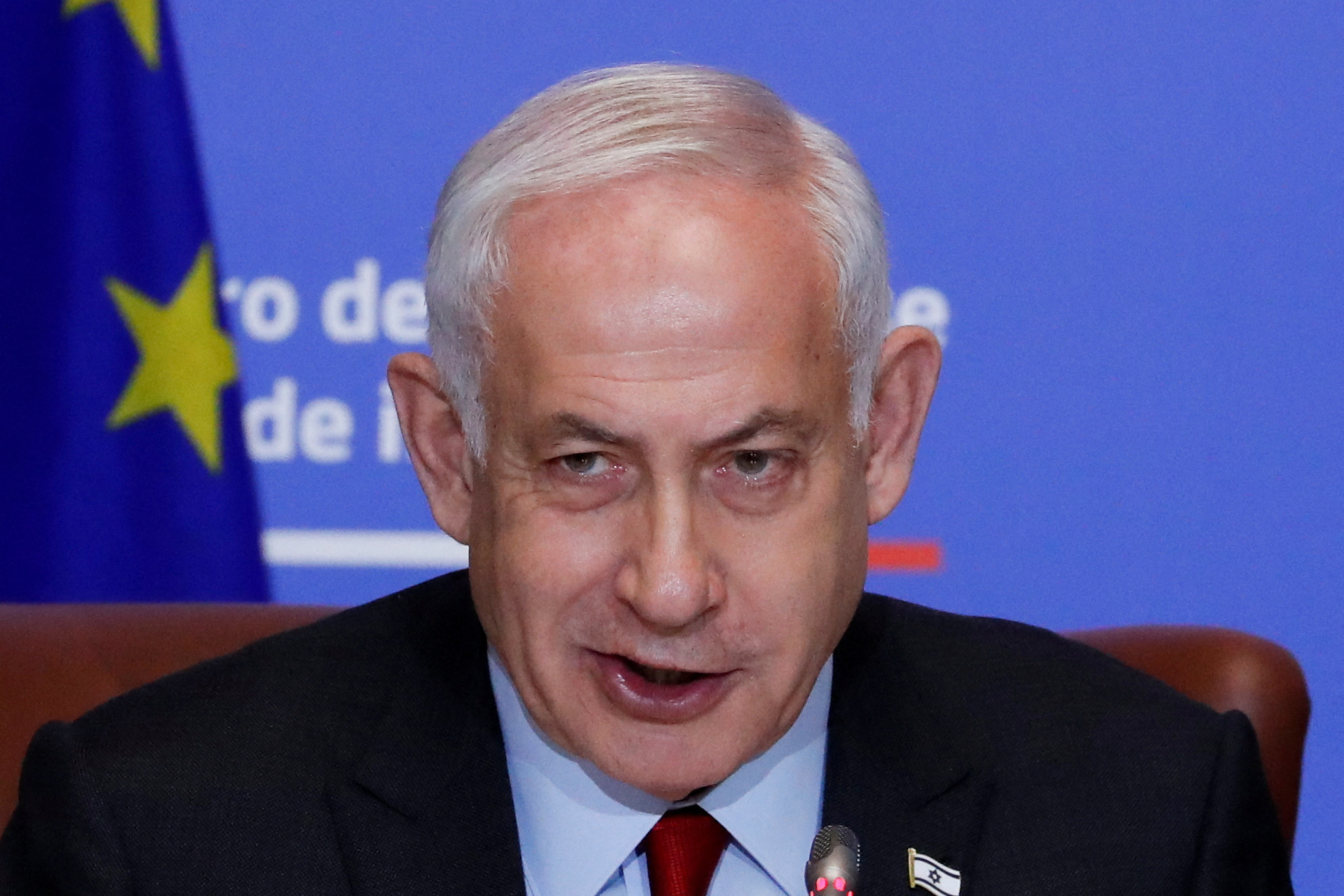(Yuval Noah Harari is the author of “Sapiens,” “Homo Deus” and “Unstoppable Us” and a professor of history at the Hebrew University of Jerusalem.)
Israelis are struggling to understand what has just hit us. We first compared the current disaster to the 1973 Yom Kippur War. Fifty years ago, the armies of Egypt and Syria launched a surprise attack and inflicted on Israel a string of military defeats, before the Israel Defense Forces regrouped, regained the initiative and turned the tables.
But as more and more horrific stories and images emerge about the massacre of entire communities, it dawned on us that what has happened is nothing like the Yom Kippur War. In newspapers, on social media and in family gatherings, people are making comparisons to the Jewish people’s darkest hours — as when the mobile killing units of the Nazi Einsatzgruppen surrounded and murdered Jewish villagers during the Holocaust, and when pogroms were waged against Jews in the Russian Empire.
I personally have family and friends in the kibbutzim Be’eri and Kfar Aza, and have heard many horrifying stories. Hamas had full control of these two communities for hours. The terrorists went from house to house, systematically murdering families, killing parents in front of their children and taking hostages, even babies and grandmothers. Terrified survivors locked themselves inside cupboards and cellars, calling to the army and police for help that failed to come until, often, too late.
My 99-year-old uncle and his 89-year-old wife are members of Be’eri. All contact with them was cut shortly after Hamas took over the kibbutz. They hid in their house for hours as dozens of terrorists went rampaging and butchering. I received word that they survived. I know many people who have just received the worst news of their lives.
My aunt and uncle are two tough Jews — born in Eastern Europe in the interwar years, they have already lost one world in the Holocaust. We grew up with stories about defenseless Jews hiding from the Nazis in cupboards and cellars, with no one coming to help them. The state of Israel was founded to ensure that this would never happen again.
So how did it happen? How did the state of Israel go missing in action?
On one level, Israelis are paying the price for years of hubris, during which our governments and many ordinary Israelis felt we were so much stronger than the Palestinians, that we could just ignore them. There is much to criticize about the way Israel has abandoned the attempt to make peace with the Palestinians and has held for decades millions of Palestinians under occupation.
But this does not justify the atrocities committed by Hamas, which in any case has never countenanced any possibility for a peace treaty with Israel and has done everything in its power to sabotage the Oslo peace process. Anyone who wants peace must condemn and impose sanctions on Hamas and demand the immediate release of all hostages and Hamas’s complete disarmament.
Moreover, irrespective of how much blame one ascribes to Israel, this does not explain the dysfunction of the state. History isn’t a morality tale.

The real explanation for Israel’s dysfunction is populism rather than any alleged immorality. For many years, Israel has been governed by a populist strongman, Benjamin Netanyahu, who is a public-relations genius but an incompetent prime minister. He has repeatedly preferred his personal interests over the national interest and has built his career on dividing the nation against itself. He has appointed people to key positions based on loyalty more than qualifications, took credit for every success while never taking responsibility for failures, and seemed to give little importance to either telling or hearing the truth.
The coalition Netanyahu established in December 2022 has been by far the worst. It is an alliance of messianic zealots and shameless opportunists, who ignored Israel’s many problems — including the deteriorating security situation — and focused instead on grabbing unlimited power for themselves. In pursuit of this goal, they adopted extremely divisive policies, spread outrageous conspiracy theories about state institutions that oppose their policies, and labeled the country’s serving elites as “deep state” traitors.
The government was repeatedly warned by its own security forces and by numerous experts that its policies were endangering Israel and eroding Israeli deterrence at a time of mounting external threats. Yet when the IDF’s chief of staff asked for a meeting with Netanyahu to warn him about the security implications of the government’s policies, Netanyahu refused to meet him. When Defense Minister Yoav Gallant nevertheless raised the alarm, Netanyahu fired him. He was then forced to reinstate Gallant only because of an outbreak of popular outrage. Such behavior over many years enabled a calamity to strike Israel.
No matter what one thinks of Israel and the Israeli-Palestinian conflict, the way populism corroded the Israeli state should serve as a warning to other democracies all over the world.
Israel can still save itself from catastrophe. It still enjoys a decisive military edge over Hamas, as well as over its many other enemies. The long memory of Jewish suffering is now galvanizing the nation. The IDF and other state organs are recovering from their initial shock. Civil society is mobilizing like never before, filling many gaps left by governmental dysfunction. Citizens stand in long queues to donate blood, welcome refugees from the war zone into their homes and donate food, clothes and other necessities.
In this hour of need, we also call upon our friends throughout the world to stand by us. There is much to criticize about Israel’s past behavior. The past cannot be changed, but hopefully once victory over Hamas is secured, Israelis will not only hold our current government to account, but will also abandon populist conspiracies and messianic fantasies — and make an honest effort to realize Israel’s founding ideals of democracy at home and peace abroad.
October 11, 2023
